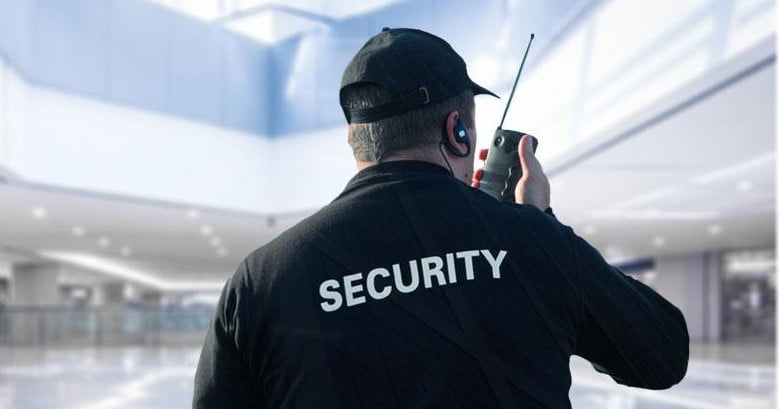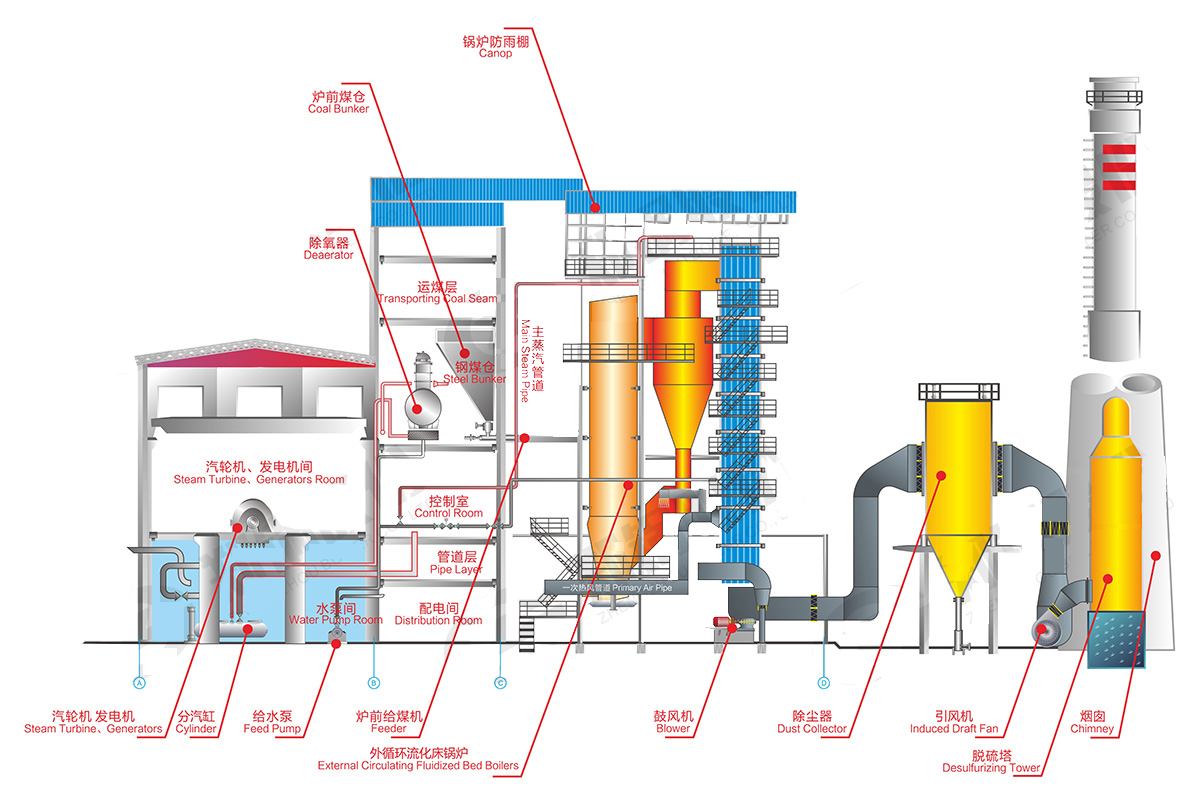
Creating a strong culture of Seguridad within any organization is essential for long-term success and sustainability. When employees understand and value safety, both physical and digital, companies can significantly reduce risks, improve morale, and ensure compliance with legal and industry standards. Building such a culture requires more than policies—it involves active participation, continuous education, and leadership by example.
The Importance of Seguridad in the Workplace
Seguridad is more than just a checklist or a set of rules. It represents a mindset and a shared commitment to the well-being of everyone involved. When employees feel safe, they are more productive, engaged, and loyal to the organization. A proactive Seguridad culture reduces accidents, data breaches, workplace violence, and other risks that can be costly and damaging to a business’s reputation.
From protecting sensitive information to ensuring safe working conditions, Seguridad plays a central role in daily operations. In today’s environment, where cybersecurity threats and physical safety concerns continue to evolve, embedding Seguridad into the organizational culture is not optional—it is vital.
Leadership’s Role in Promoting Seguridad
Leadership sets the tone for organizational behavior. If leaders treat Seguridad as a top priority, employees are more likely to follow suit. This means senior management must model safe behavior, allocate resources toward safety measures, and communicate the importance of Seguridad frequently and clearly.
Encouraging transparency and open communication is essential. Employees should feel comfortable reporting hazards or incidents without fear of retaliation. A blame-free environment promotes honesty and continuous improvement, both of which are critical in maintaining Seguridad standards.
Employee Training and Awareness
An effective Seguridad culture cannot exist without well-informed employees. Regular training sessions tailored to specific job roles ensure that every worker knows what is expected of them. This includes training on physical safety procedures, cybersecurity protocols, emergency response plans, and the handling of sensitive data.
Interactive workshops, simulations, and real-world case studies make training more engaging and memorable. Repetition and refresher courses help reinforce important concepts. Seguridad awareness campaigns—like monthly newsletters or quizzes—also keep the topic front and center in employees’ minds.
Clear Policies and Procedures
Having clear, accessible, and consistently enforced Seguridad policies is a foundation for organizational safety. These policies should outline employee responsibilities, acceptable behaviors, emergency protocols, and consequences of non-compliance. They must be communicated during onboarding and reviewed regularly as part of continuous learning.
Digital security policies are equally important. In today’s tech-driven workplace, organizations must address cybersecurity threats by implementing strong password policies, multi-factor authentication, device encryption, and secure network practices. Employees must know how to recognize phishing attempts, avoid downloading suspicious files, and report incidents quickly.
Empowering Employees to Take Ownership
A true culture of Seguridad cannot be imposed—it must be embraced by all. Empowering employees to take ownership of safety encourages proactive behavior. This can be achieved through recognition programs that reward safety-minded behavior, peer-to-peer reporting systems, or involving employees in safety committees and audits.
When workers feel they have a voice and can make a difference, they are more likely to act responsibly and help create a safer environment. Empowerment transforms Seguridad from a set of rules into a shared value across the organization.
Creating a Safe Physical Environment
Physical Seguridad is still a top concern in many industries, especially in manufacturing, healthcare, construction, and logistics. Employers must regularly assess the workplace for hazards and take corrective actions where necessary. This includes maintaining equipment, providing proper protective gear, labeling hazards, and ensuring clear evacuation routes.
Well-lit, clutter-free workspaces reduce the risk of accidents. Ergonomic office setups, fire drills, and regular inspections help ensure preparedness. Safety signs and reminders throughout the facility reinforce Seguridad practices and encourage awareness throughout the day.
Addressing Mental Health and Well-being
Seguridad is not just physical—it also encompasses mental and emotional health. A toxic work culture can lead to stress, burnout, and decreased performance. Promoting a healthy work-life balance, offering mental health resources, and cultivating a supportive work environment are essential components of a holistic Seguridad strategy.
Managers should be trained to recognize signs of mental distress and know how to offer support. Creating channels where employees can discuss concerns confidentially adds another layer of psychological safety.
Measuring and Improving Seguridad Culture
To sustain a Seguridad-focused culture, organizations must regularly assess their efforts and seek opportunities for improvement. Key performance indicators (KPIs) such as incident rates, audit results, employee feedback, and response times can reveal how well Seguridad practices are working.
Surveys and suggestion boxes allow employees to share their thoughts on current practices and offer ideas for improvement. When changes are made based on employee input, it reinforces the idea that Seguridad is a shared responsibility and that every voice matters.
Leveraging Technology for Enhanced Seguridad
Modern tools can support a strong Seguridad culture. For example, mobile apps for safety reporting, digital training platforms, real-time monitoring systems, and automated alerts make it easier to manage risks and ensure compliance. Technologies like CCTV, access control systems, and biometric identification contribute to physical safety, while advanced cybersecurity tools help protect digital assets.
Organizations should invest in systems that align with their operations and help streamline Seguridad processes. These tools should be user-friendly and accessible to all employees, regardless of technical background.
Celebrating Success and Learning from Mistakes
Positive reinforcement is a powerful motivator. Celebrating Seguridad milestones—like accident-free days or successful audits—shows appreciation for employee efforts and reinforces the importance of safety. Recognition programs can be as simple as a thank-you message, a mention in a company newsletter, or an award ceremony.
At the same time, when incidents do occur, it’s crucial to approach them as learning opportunities rather than assigning blame. A culture that focuses on continuous improvement rather than punishment encourages openness and helps prevent future issues.
Building Long-Term Commitment to Seguridad
Creating a lasting Seguridad culture requires ongoing commitment. It’s not a one-time initiative, but a journey that evolves with the organization. Leadership must continue to invest in training, technologies, and employee engagement. They should actively listen, adapt to new challenges, and celebrate progress.
The long-term goal is to make Seguridad an integral part of everyday behavior, not just a task to complete. When every employee—from interns to executives—prioritizes safety, the organization becomes more resilient, efficient, and prepared for the future.



